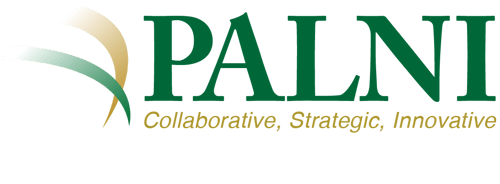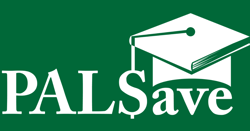Open Pedagogy
 Open pedagogy is a teaching approach that emphasizes openness, collaboration, and student agency to create a more inclusive and effective educational environment.
Open pedagogy is a teaching approach that emphasizes openness, collaboration, and student agency to create a more inclusive and effective educational environment.
Also known as open educational practices, open education pedagogy, and OER-enabled pedagogy, it broadly describes teaching and learning techniques made possible through open licensing. It might be considered the next phase beyond the adoption of open educational resources (OER) and toward transformative learning.
View examples in the PALNI Repository of Open Pedagogy Assignments.
Key aspects
- Student Agency: Students are not just passive consumers of knowledge but active creators. They interact with OER when creating content and choosing a license.
- Renewable/Public-facing Assignments: Students create artifacts that have value beyond only their learning and the course, are often made public, and are encouraged to be openly licensed.
- Use of OER: Open pedagogy often uses freely accessible resources like OER to support learning and teaching practices to improve education at all levels. It can use OER as a starting point for remaking courses so they become platforms for learning, collaboration, and engagement.
- Social Justice: Access is fundamental, and agency broadens access. Open pedagogy cares about equity and aims to make education more accessible for all.
- Eight Attributes: These include participatory technologies, openness/trust, innovation and creativity, sharing ideas and resources, connected community, learner-generated content, reflective practice, and peer review.
- Learning Theories: Open pedagogy draws from various educational theories, including constructivism, connectivism, structuration, and critical pedagogy. It aligns with the belief that openness can enhance learning experiences and empower learners.
Apply for an Open Pedagogy Assignment Grant!
Are you a faculty member at a PALNI-supported institution interested in learning more and trying Open Pedagogy? If so, PALNI invites you to apply for a new $500 PALSave Open Pedagogy Assignment Grant.
For more on defining open pedagogy
- Attributes of Open Pedagogy: A Model for Using Open Educational Resources, Bronwyn Hegarty
- From OER to Open Pedagogy: Harnessing the Power of Open, Robin DeRosa and Scott Robison
- Introduction – Open Pedagogy Approaches, Kimberly Davies Hoffman; Robert I. Berkman; Deborah F. Rossen-Knill; Kristen Totleben; Eileen Daly-Boas; Alexis Clifton; Moriana Garcia; Lev Earle; and Joe Easterly
- Navigating open pedagogy Christina Hendricks
- Open Pedagogy – The OER Starter Kit, Abbey K. Elder
- Practicalities of implementing open pedagogy in higher education, Michael Paskevicius and Valerie Irvine
- Towards a Working Definition of Open Pedagogy, Alan Witt
- What is OER and Open Pedagogy?, lkunspsccedu
- What is Open Pedagogy?, BC Campus
- What is Open Pedagogy?, David Wiley
Open pedagogy bibliography
Notable research on open pedagogy, compiled by our team. See the bibliography.
Open Education Network’s open pedagogy strategies, tools and resources
We invite you to explore the vast public resources available from the OEN on open pedagogy, including:
As members of the OEN, PALNI faculty can participate in:
- The Open Pedagogy Learning Circle: A collaborative, resource-rich learning environment, including seven synchronous, virtual one-hour sessions every semester for seven weeks. Join the interest list to be emailed details the next time the Open Pedagogy Learning Circle is offered. The curriculum is also available openly.
- Certificate in Open Educational Practices: In this year-long program, instructors will introduce open educational practices and help you create a personalized action plan. You’ll work in pairs, one librarian and one faculty member, collaborating to make education more equitable and sustainable through innovative pedagogy. The curriculum is also available openly.
PALNI Open Pedagogy Task Force members
- Caitlin Balgeman
- Shannon Barnes
- Andrea Bearman
- Amanda Hurford
- Beth Lindsay
- Jessica Mahoney
- Jill Noyes
- Victoria Peters

